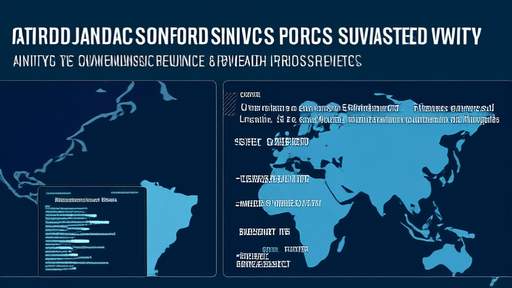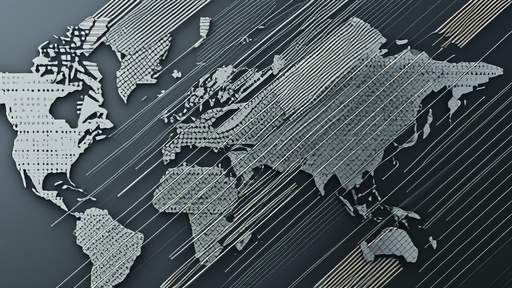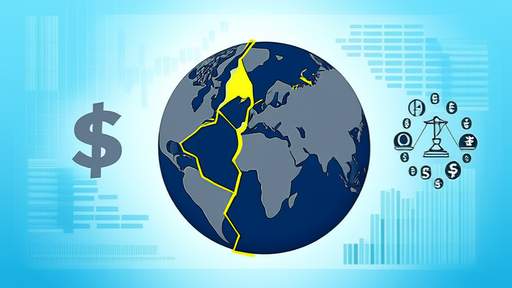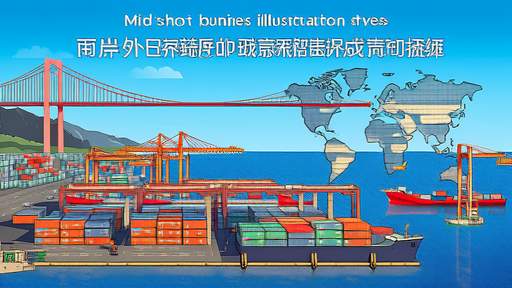The Foreign Corrupt Practices Act (FCPA) has long been a cornerstone of the United States' efforts to combat corruption in international business. Recent enforcement trends, however, suggest a shifting landscape—one where regulators are adopting more aggressive tactics, targeting new industries, and leveraging technology to uncover violations. Companies operating globally must stay abreast of these developments to mitigate risks and ensure compliance.
A notable shift in FCPA enforcement is the increasing focus on individual accountability. The Department of Justice (DOJ) and the Securities and Exchange Commission (SEC) have made it clear that prosecuting corporate entities alone is insufficient. High-profile cases in the past year have seen executives and mid-level managers face severe penalties, including hefty fines and prison sentences. This trend underscores the importance of robust internal controls and a culture of compliance at all levels of an organization.
Another emerging theme is the expansion of jurisdictional reach. U.S. authorities are pursuing cases involving foreign nationals and companies with only tenuous connections to American soil. This broad interpretation of the FCPA’s scope has sent shockwaves through industries previously considered low-risk, such as pharmaceuticals and consumer goods. Legal experts warn that even businesses with minimal U.S. operations could find themselves under scrutiny if their global activities involve corrupt practices.
The role of data analytics in FCPA investigations cannot be overstated. Regulators are increasingly relying on sophisticated algorithms to detect anomalies in financial transactions, communications, and third-party relationships. Whistleblower programs have also gained traction, with incentivized reporting mechanisms yielding a steady stream of actionable intelligence. Companies are now investing heavily in AI-driven compliance tools to proactively identify red flags before they escalate into full-blown crises.
Collaboration between international agencies has reached unprecedented levels. The DOJ and SEC are working closely with counterparts in Europe, Asia, and Latin America to share evidence and coordinate enforcement actions. This globalized approach has led to a surge in cross-border investigations, particularly in sectors like energy, infrastructure, and telecommunications. Legal teams must now navigate a complex web of overlapping regulations, where a misstep in one jurisdiction can trigger repercussions across multiple regions.
In response to these developments, corporations are reevaluating their compliance frameworks. Traditional training programs and periodic audits are no longer sufficient. Forward-thinking organizations are implementing real-time monitoring systems, conducting scenario-based employee training, and embedding compliance officers within operational teams. The message is clear: adherence to the FCPA is not just a legal obligation but a critical component of sustainable business practice in an increasingly interconnected world.
The coming years will likely see further evolution in FCPA enforcement as regulators adapt to new technologies and global economic shifts. Companies that fail to keep pace with these changes risk severe financial and reputational damage. Those that prioritize transparency, accountability, and ethical business conduct, however, will find themselves better positioned to thrive in this challenging environment.

By /Jun 3, 2025

By /Jun 3, 2025

By /Jun 3, 2025

By /Jun 3, 2025

By /Jun 3, 2025

By /Jun 3, 2025

By /Jun 3, 2025

By /Jun 3, 2025

By /Jun 3, 2025

By /Jun 3, 2025

By /Jun 3, 2025

By /Jun 3, 2025

By /Jun 3, 2025

By /Jun 3, 2025

By /Jun 3, 2025

By /Jun 3, 2025

By /Jun 3, 2025

By /Jun 3, 2025

By /Jun 3, 2025

By /Jun 3, 2025